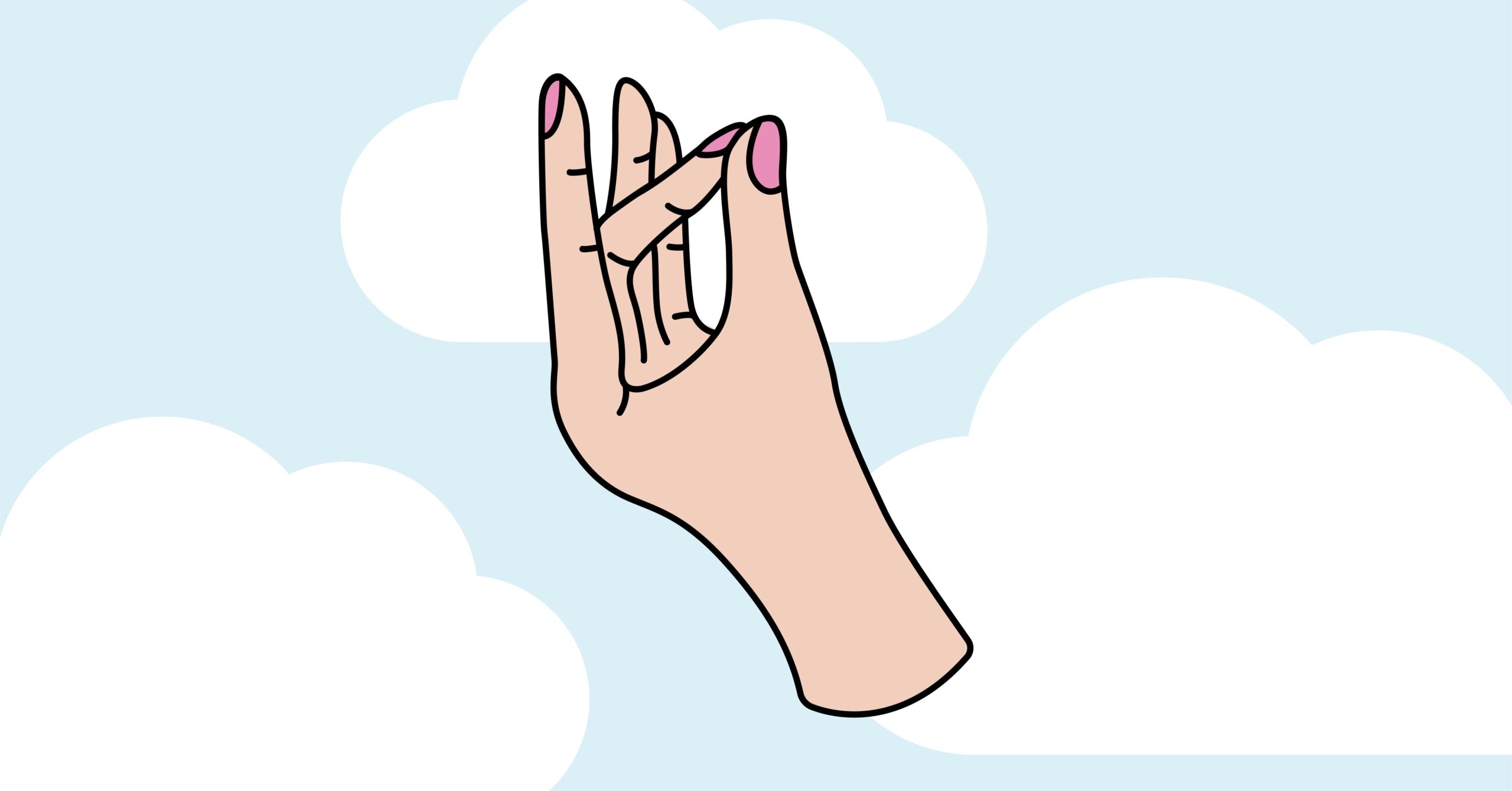How to keep from burning out and prioritize more “me time”
During the pandemic, most people have had significantly more time to stay home and focus on themselves and their hobbies. Yes, it’s great that COVID-19 vaccines are widely available and states are slowly re-opening, but how do you balance resuming social commitments while still maintaining time for yourself and your self-care? How do you keep from burning out both in general and on social commitments? Here are a few ideas to consider, according to a psychotherapist:
1. Boundaries
What are boundaries? They are limits that you set with others to keep yourself emotionally and mentally well and safe. Essentially, boundaries are rules that you implement surrounding how you interact with others and how others interact with you. Boundaries can be difficult to set for those who are not used to voicing them, but there is nothing wrong with setting boundaries. Give yourself permission to say no when invited to events, gatherings, or any other social commitment. You don’t even need an excuse! If you’re invited to something you don’t want to go to, for any reason, you can simply say: “No, thank you.” However, depending on the situation and the relationship, you may want to expand or offer an alternative activity or time frame.
2. Remember the oxygen mask rule
The oxygen mask rule: Put on your own mask before assisting others. Make yourself a priority! You can’t take care of anyone else effectively until you take care of yourself first. Avoid thinking, “I’ll make time for myself later.” You probably find that it’s easy to put off taking care of yourself for so long that it just winds up not happening! Whether you have to schedule in some “me time” for yourself in your Google calendar or build it into your daily routine, it’s important to take care of yourself. To make things easier, think of taking care of yourself as essential, not an optional activity. When you take care of yourself, you can avoid burnout and be present in your day-to-day life.
3. Recognizing your limits
Reflect on and identify your limits regarding social commitments. Think about what your personal capacity is. For example, an introvert will need significantly less social time than an extrovert. Does socializing leave you energized or feeling drained? Are there particular activities that energize or drain you more than others? Spend some time thinking about these questions and consider the answers when scheduling time with others. Be careful not to overcommit. Again, it is okay to say no! It’s also crucial to consider that your social needs may have changed over the course of the pandemic. Perhaps you’ve always been an introvert, and you’re finding yourself in need of more social interaction than in the past. Alternatively, you might have typically described yourself as an extrovert and find yourself enjoying your time alone. This is not uncommon. Personalities shift over time, and it’s okay for needs and preferences to change, particularly after such an event as a global pandemic!
Don’t be afraid to reach out for help
Knowing when to seek additional help is a critical part of any self-care regimen. Therapy can help prevent burnout and teach you the skills necessary to navigate your social world better. Many therapists continue to offer telehealth appointments, although some are beginning to offer in-person appointments as well. Check with your insurance company to learn about your benefits and to find available therapists in the area. It is completely normal and even common during this time to need extra support, especially as you learn to establish boundaries with others.
Skye White, LICSW is a mental health therapist at Catalyst Counseling, a group practice in downtown Woodinville, Washington. She loves to read, craft, and draw in her spare time.
















